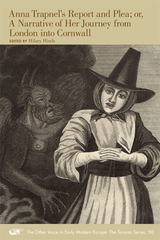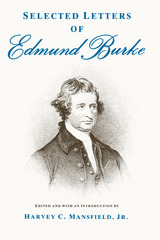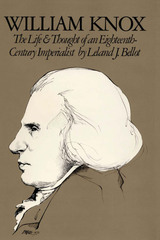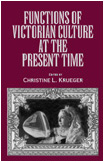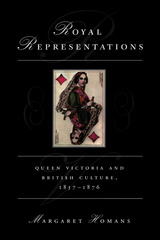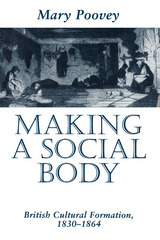Historicizing the Enlightenment, Volume 1: Politics, Religion, Economy, and Society in Britain
Bucknell University Press, 2023
Cloth: 978-1-68448-472-0 | Paper: 978-1-68448-471-3 | eISBN: 978-1-68448-474-4
Library of Congress Classification DA485.M35 2023
Dewey Decimal Classification 941.07
Cloth: 978-1-68448-472-0 | Paper: 978-1-68448-471-3 | eISBN: 978-1-68448-474-4
Library of Congress Classification DA485.M35 2023
Dewey Decimal Classification 941.07
ABOUT THIS BOOK | AUTHOR BIOGRAPHY | REVIEWS | TOC
ABOUT THIS BOOK
The Enlightenment has been blamed for some of the most deadly developments of modern life: racism and white supremacy, imperialist oppression, capitalist exploitation, neoliberal economics, scientific positivism, totalitarian rule. These developments are thought to have grown from principles that are rooted in the soil of the Enlightenment: abstraction, reduction, objectification, quantification, division, universalization. Michael McKeon’s new book corrects this defective view by historicizing the Enlightenment--by showing that the Enlightenment has been abstracted from its history. From its past: critics have ignored that Enlightenment thought is a reaction against deadly traditions that precede it. From its present: the Enlightenment extended its reactive analysis of the past to its own present through self-analysis and self-criticism. From its future: much of what’s been blamed amounts to the failure of its posterity to sustain Enlightenment principles. To historicize the Enlightenment requires that we conjure what it was like to live through the emergence of concepts and practices that are now commonplace—society, privacy, the public, the market, experiment, secularity, representative democracy, human rights, social class, sex and gender, fiction, the aesthetic attitude. McKeon’s book argues the continuity of Enlightenment thought, its consistency and integrity across this broad range of conceptual domains. It also shows how the Enlightenment has shaped our views of both tradition and modernity, and the revisionary work that needs to be done in order to understand our place in the future. In the process, Historicizing the Enlightenment exemplifies a distinctive historiography and historical method.
Published by Bucknell University Press. Distributed worldwide by Rutgers University Press.
Published by Bucknell University Press. Distributed worldwide by Rutgers University Press.
See other books on: Britain | Enlightenment | Georgian Era (1714-1837) | Victorian Era (1837-1901) | Volume 1
See other titles from Bucknell University Press


